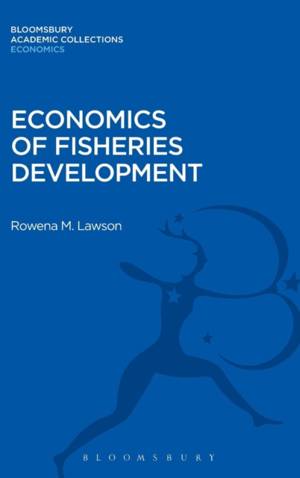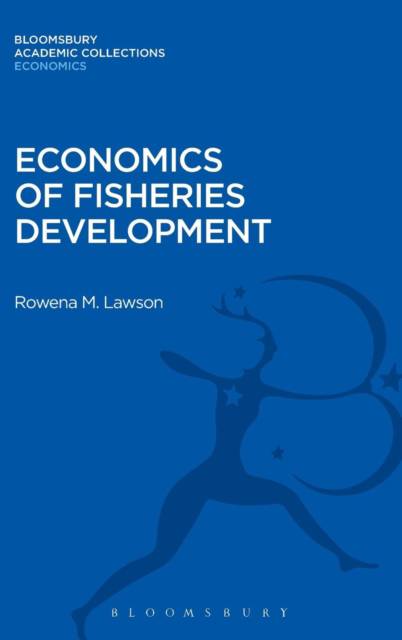
- Afhalen na 1 uur in een winkel met voorraad
- Gratis thuislevering in België vanaf € 30
- Ruim aanbod met 7 miljoen producten
- Afhalen na 1 uur in een winkel met voorraad
- Gratis thuislevering in België vanaf € 30
- Ruim aanbod met 7 miljoen producten
Zoeken
Omschrijving
Following the introduction of the 200-mile extended economic zone (EEZ), many developing countries suddenly found they had large fish resources, which - wisely managed and exploited - could generate wealth and income of immense benefit. However, one constraint to this was that many countries, for historic reasons, lacked the expertise to manage fisheries on this scale. Despite the need for information, few economists and especially development economists teaching in universities and colleges were able to incorporate fisheries economics into their courses owing to the lack of readily accessible material. As a result, many rising economists were failing to recognize the global importance of fishers as an economic resource capable of generating substantial wealth and income to many countries.
Economics of Fisheries Development provides an accessible exploration of this area of economics, introducing development economists to some of the problems of developing fisheries in areas of the world where fisheries now present great growth prospects. The case studies used throughout the book are nearly entirely drawn from developing countries.
Economics of Fisheries Development provides an accessible exploration of this area of economics, introducing development economists to some of the problems of developing fisheries in areas of the world where fisheries now present great growth prospects. The case studies used throughout the book are nearly entirely drawn from developing countries.
Specificaties
Betrokkenen
- Auteur(s):
- Uitgeverij:
Inhoud
- Aantal bladzijden:
- 288
- Taal:
- Engels
- Reeks:
Eigenschappen
- Productcode (EAN):
- 9781472514141
- Verschijningsdatum:
- 9/01/2014
- Uitvoering:
- Hardcover
- Formaat:
- Genaaid
- Afmetingen:
- 156 mm x 234 mm
- Gewicht:
- 594 g

Alleen bij Standaard Boekhandel
+ 644 punten op je klantenkaart van Standaard Boekhandel
Beoordelingen
We publiceren alleen reviews die voldoen aan de voorwaarden voor reviews. Bekijk onze voorwaarden voor reviews.







